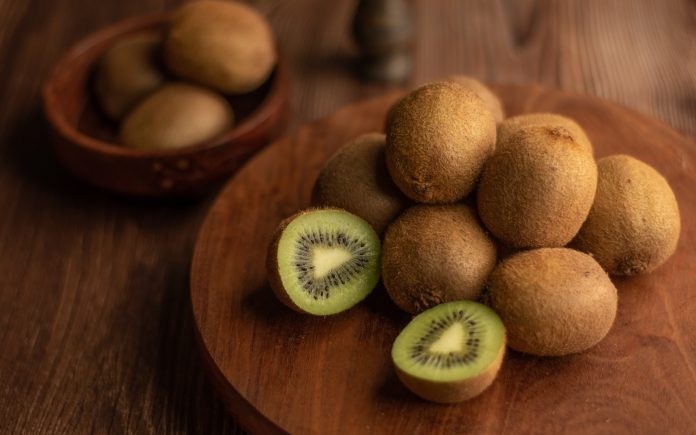by Kosha Vaidya, MBBS, CH
Chinese gooseberries are also known as kiwi fruit. Since they have made it into the news, kiwi fruits are becoming more popular.
Kiwi fruit is a good source of vitamin C; it’s been said that they have the same amount of vitamin C as an orange, if not more. Kiwis have a good amount of fibre and are beneficial for people suffering from constipation. They are also a good source of potassium, which has been known to prevent strokes and to provide other health benefits as well. This fruit also has many antioxidants such as lutein and has been shown to be good for the prevention of age-related macular degeneration.
According to research, kiwi fruit has beneficial effects in relation to lowering blood pressure in people suffering from high blood pressure. In these studies, people who ate three kiwis a day for eight weeks had a drop of upper/systolic blood pressure by 3.6mm. Therefore, including them in a healthy diet plan of getting five to seven servings of fruits and vegetables per day would be beneficial. However, I would be careful eating three kiwis a day as that would add up to 21 kiwis per week.
Kiwi fruit, like other fruits, should be eaten in moderation. This Chinese gooseberry contains oxalates, so people with oxalate kidney stones or gallbladder stones should limit kiwi intake. Some people may be allergic to them, and oddly, others who are allergic to latex are more prone to being allergic to kiwi fruit as well.
Whenever possible, try to buy organic kiwis. The best ones are not too firm or too soft.
I used to love to decorate cakes and fruit salads with kiwis as they add a nice colour contrast, which appealed to me. I guess after hearing the latest news about them, I will be adding them for all their known health benefits too!









